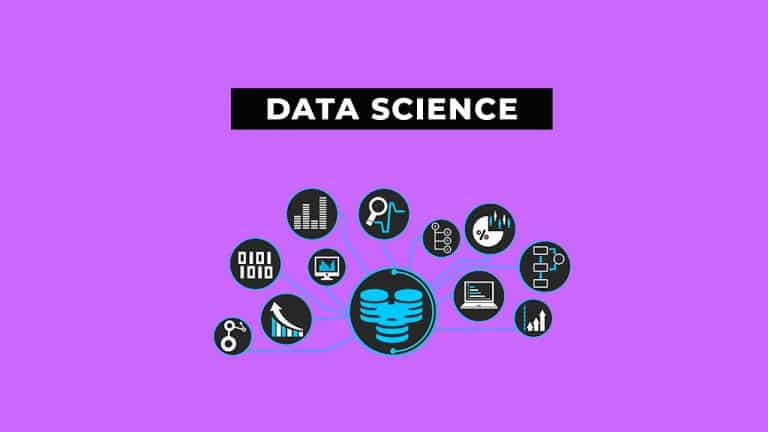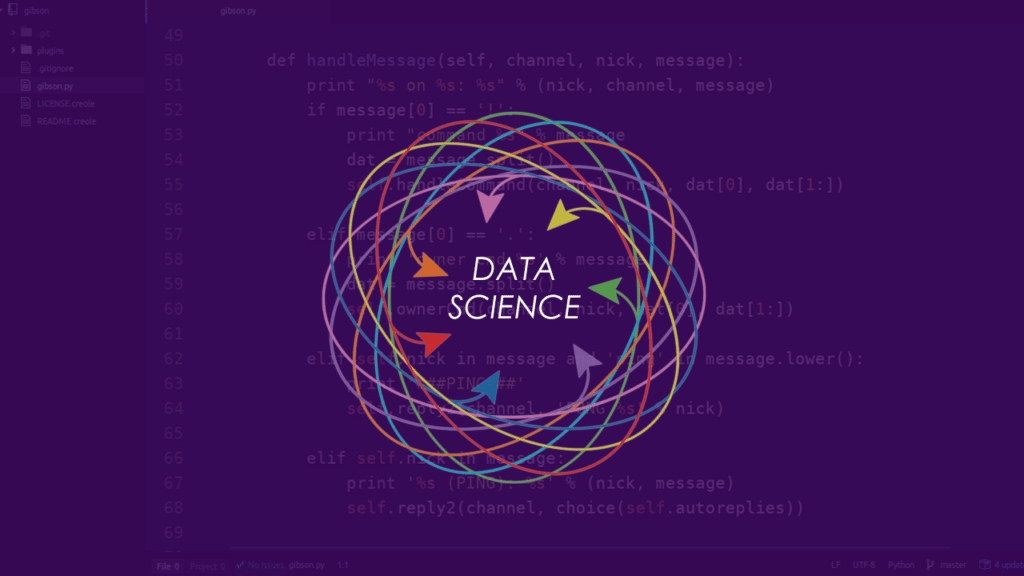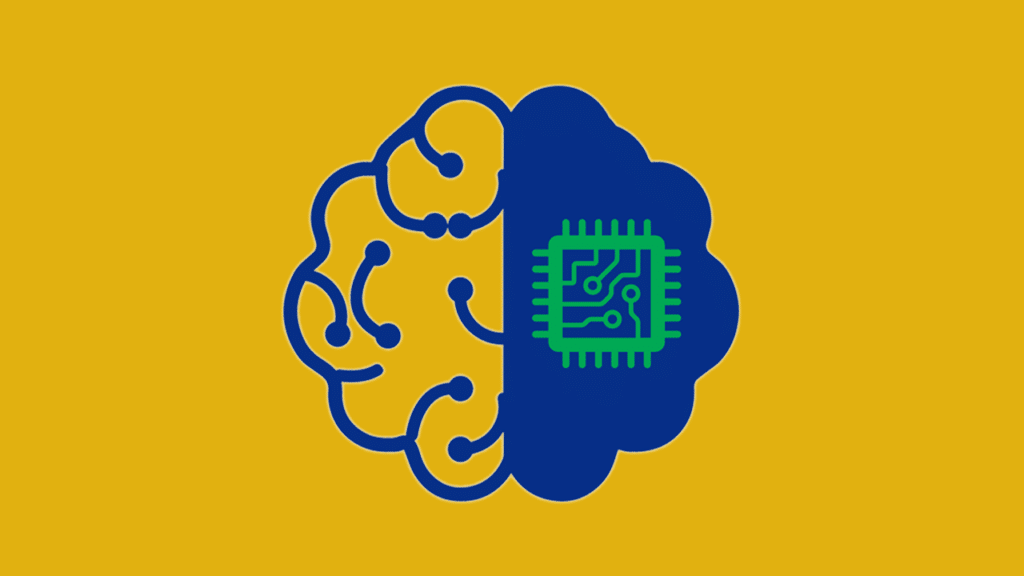Data science, machine learning, and data analytics are three major fields that have gained a massive popularity in recent years. Professionals in this filed are having a time of their life. There is a huge demand for people skilled in these areas. It is predicted that in 2020, there will be more job openings n these career lines.
So, what do they mean? What is the difference between them? To answer these and many other questions that you may be having here is an in-depth analysis of Data science vs machine learning vs Data analytics.
Contents
1. Data Science
What is Data Science?
Although there are numerous definitions for this subject, we will go with the most common one that can be understood by anyone. Data science is a concept that is used to deal with big data. This concept covers the aspects of data preparation, data cleaning, and data analysis.
Under normal circumstances, a data scientist collects data from various sources and deploys various techniques to extract meaningful information from the data sets. Some of the commonly used methods include predicate analytics, sentiment analysis, and even machine learning.
Data scientists view this data from a business perspective. For this reason, the ensure that the predictions that they give from the collected data are accurate as they can be used in decision making.
Skills needed in data science
Do you want to be a professional data scientist? Well, there are various key areas of specialization that you need to focus on. These are programming, analytics, and domain knowledge.
Also, read: Top 5 Data Science and Machine Learning Courses
Important skills that you need to learn include:
- Have a hands-on experience in Python programming
- Be good at SQL database programming
- Be able to work on the unstructured data from various sources such as social media platform.
- Have knowledge about the machine learning
- Have a proper understanding of various analytical functions
2. Machine Learning
First thing first: What is machine learning?
Machine learning can be described as the process of using algorithms to scrutinize data and extract meaningful information from it. It can also use the given data to predict future trends. For years, machine learning software has been using statistical and predictive analyses to identify a particular pattern and unmask hidden but meaningful insights from the patterns.
One perfect example of the real-life implementation of machine learning is Facebook’s algorithm. This algorithm is designed to learn your behaviour on this social media site. It will then use this knowledge to recommend relevant feeds that should appear on your timeline. Amazon will study your browsing behaviour and recommend probable products that you are likely to buy. The same applies to Netflix. It will recommend movies based on your browsing habit.
Also, Read: Difference between AI, Machine Learning and Deep Learning
What does it take to become an expert in machine learning?
From a critical point of view, machine learning can be regarded as a branch of both computer and statistics. If you are planning to establish yourself in this career line, consider sharpening your skills in the following areas:
- Have expertise in the working of a computer system
- Hands-on programming skills
- Be good in probability and statistics
- Data modelling
What is the Difference Between Data Science and Machine Learning?
Data science is a wide field that encompasses multiple disciplines. Machine learning seems to perfectly fit under data science. This is because it uses several techniques that are normally used in data science.
On the other hand, data science may or may not be derived from machine learning. It is a multidisciplinary field, unlike machine learning which focuses on a single subject.
3. Data Analytics
Data analytics entails coming up descriptive statistics and visualizing data in order to reach a conclusion. It involves lots of statistics. A data analyst needs to know how to work with numbers. In most cases, data analytics is viewed as the basic version of data science.
As a data analyst, you must be in a good position to explain various reasons why the data is appearing the way it is. You should represent the data in a way that can be understood by everyone, including non-experts.
What skills do I need to become a data analyst?
You should be good at:
- Mathematics and statistics
- Data Wrangling
As you can see, these three fields are closely related. However, there some differences between them that we have managed to point out. We hope that this article has helped you to distinguish Data Science vs Machine Learning vs Data Analytics.




